In today’s fast-paced, technology-driven world, finding time to disconnect and recharge has become more important than ever. While urban getaways and luxury resorts have their appeal, nothing compares to the restorative power of a natural vacation . Whether it’s exploring dense forests, hiking through rugged mountains, or relaxing by serene lakes, immersing yourself in nature offers unparalleled benefits for your mind, body, and soul. In this article, we’ll delve into why a natural vacation is the ultimate way to rejuvenate, reconnect, and create memories that last a lifetime.
The Healing Power of Nature
1. Reduces Stress and Anxiety
One of the most significant benefits of spending time in nature is its ability to reduce stress and anxiety. Studies have shown that exposure to natural environments lowers cortisol levels—the hormone associated with stress—and promotes relaxation. The soothing sounds of rustling leaves, flowing water, and birdsong can calm your mind and help you escape the pressures of daily life.
Forest Bathing: A Japanese Practice
Originating in Japan, forest bathing (or shinrin-yoku ) involves immersing yourself in a forest environment to improve mental and physical health. This practice has been scientifically proven to lower blood pressure, boost immune function, and enhance overall well-being. Even a short walk in the woods can leave you feeling refreshed and centered.
How It Works
Forest bathing isn’t just about walking—it’s about engaging all five senses. Feel the texture of tree bark, listen to the rustle of leaves, inhale the earthy scent of soil, and observe the play of sunlight filtering through branches. These sensory experiences activate the parasympathetic nervous system, which helps your body relax and recover from stress.
Scientific Evidence
Research published in the journal Environmental Health and Preventive Medicine found that participants who engaged in forest bathing experienced reduced levels of stress hormones, improved mood, and enhanced immune function. Phytoncides—natural oils released by trees—play a key role in these benefits, as they stimulate the production of white blood cells that fight infections.
2. Boosts Mental Clarity and Creativity
Nature has a unique way of clearing mental clutter and sparking creativity. Being surrounded by natural beauty encourages mindfulness, allowing you to focus on the present moment rather than dwelling on past worries or future uncertainties. Many artists, writers, and innovators credit their time in nature as a source of inspiration.
The Science Behind It
Research conducted at the University of Utah found that participants who spent four days immersed in nature without electronic devices scored 50% higher on creative problem-solving tasks. The combination of fresh air, natural light, and reduced screen time helps reset your brain and enhances cognitive function.
Mindful Observation
When you’re in nature, take time to notice small details—a butterfly fluttering between flowers, the intricate patterns on a leaf, or the way clouds drift across the sky. These moments of mindful observation sharpen your awareness and open up new pathways for creative thinking.
Creative Breakthroughs
History is filled with examples of creatives who drew inspiration from nature. Poets like William Wordsworth wrote about the sublime beauty of landscapes, while painters like Claude Monet captured the interplay of light and color in natural settings. By stepping away from artificial stimuli and embracing the simplicity of nature, you too can unlock your creative potential.
3. Promotes Physical Health
A natural vacation isn’t just good for your mental health—it’s also an excellent opportunity to engage in physical activity. Hiking, swimming, kayaking, and cycling are just a few examples of outdoor activities that allow you to stay active while enjoying breathtaking scenery.
Cardiovascular Benefits
Activities like hiking uphill or paddling across a lake provide excellent cardiovascular workouts. These low-impact exercises strengthen your heart, improve circulation, and increase endurance—all while being far more enjoyable than a treadmill session at the gym.
Muscle Engagement
Hiking, in particular, engages multiple muscle groups, including your legs, core, and glutes. Uneven terrain challenges your balance and coordination, making it a full-body workout. Over time, regular hikes can lead to increased strength and flexibility.
Vitamin D Exposure
Spending time outdoors exposes you to sunlight, which is essential for producing vitamin D , a nutrient critical for bone health, immune function, and mood regulation. Just 15–20 minutes of sun exposure per day can significantly boost your vitamin D levels.
Immune System Boost
Studies suggest that spending time in green spaces increases the activity of natural killer (NK) cells, which are crucial for fighting off viruses and cancerous cells. This immune-boosting effect can last for weeks after a single trip into nature.
Reconnecting with Yourself and Others
4. Encourages Mindfulness and Presence
Modern life often pulls us in multiple directions, making it difficult to truly be present. A natural vacation forces you to slow down and appreciate the simple things—like the texture of tree bark, the scent of pine needles, or the warmth of the sun on your skin. This mindfulness fosters gratitude and deepens your connection to the world around you.
Digital Detox
Leaving behind smartphones, laptops, and social media allows you to fully immerse yourself in the experience. Without constant notifications vying for your attention, you can focus on meaningful conversations with loved ones or simply enjoy moments of solitude.
Benefits of Unplugging
A study by the University of Gothenburg found that excessive screen time contributes to stress, sleep disturbances, and decreased productivity. By unplugging during a natural vacation, you give your brain a much-needed break and create space for reflection and introspection.
5. Strengthens Relationships
Traveling to natural destinations with family or friends creates opportunities for bonding and shared experiences. Whether it’s setting up camp together, cooking meals over a fire, or marveling at a stunning sunset, these moments foster deeper connections and lasting memories.
Adventure Builds Camaraderie
Embarking on adventures like whitewater rafting, rock climbing, or wildlife safaris requires teamwork and trust. Overcoming challenges together strengthens relationships and builds camaraderie.
Quality Time
Unlike vacations centered around theme parks or shopping malls, natural vacations prioritize quality time. Shared activities like stargazing or fishing encourage conversation and laughter, helping you reconnect with loved ones on a deeper level.
Environmental Awareness and Sustainability
6. Inspires Environmental Stewardship
When you spend time in nature, you develop a greater appreciation for the environment and its fragility. Witnessing pristine landscapes firsthand motivates many travelers to adopt sustainable practices and support conservation efforts.
Leave No Trace Principles
Many natural vacations emphasize the importance of leaving no trace, ensuring that future generations can enjoy these beautiful places. By following guidelines such as packing out trash, staying on designated trails, and respecting wildlife, you contribute to preserving the integrity of these ecosystems.
Eco-Friendly Choices
Simple actions like using reusable water bottles, avoiding single-use plastics, and choosing eco-friendly accommodations make a big difference. Supporting businesses committed to sustainability ensures that tourism benefits both local communities and the environment.
7. Supports Local Communities
Choosing eco-friendly accommodations, dining at locally-owned restaurants, and participating in guided tours led by residents helps sustain local economies. Many natural destinations rely on tourism to fund conservation projects and community development initiatives.
Cultural Exchange
Interacting with locals provides insight into their traditions, cuisine, and way of life. For example, learning how indigenous communities use plants for medicine or food deepens your understanding of the region’s cultural heritage.
Community-Based Tourism
Programs that involve local guides and artisans ensure that tourism dollars directly benefit the people who call these places home. This type of travel fosters mutual respect and promotes cross-cultural exchange.
Tailoring Your Natural Vacation to Your Preferences
8. Endless Variety of Destinations
No matter what type of traveler you are, there’s a natural destination perfectly suited to your interests. From coastal retreats and desert oases to mountain ranges and rainforests, the options are virtually limitless.
Mountain Getaways
If you love towering peaks and alpine vistas, consider visiting the Rocky Mountains , the Alps , or the Himalayas . These regions offer world-class hiking, skiing, and mountaineering opportunities.
Rocky Mountains
Spanning multiple states in the U.S., the Rockies boast iconic national parks like Yellowstone and Glacier , where you can hike, fish, and spot wildlife. Towns like Aspen and Jackson Hole combine outdoor adventure with luxurious amenities.
Beach Escapes
For those who prefer sandy shores and turquoise waters, tropical paradises like the Maldives , Hawaii , or the Caribbean provide idyllic settings for relaxation and water sports.
Hawaii’s Volcanic Wonders
Beyond its beaches, Hawaii offers unique volcanic landscapes in Hawai’i Volcanoes National Park . Hike across lava fields, explore underground lava tubes, and witness molten lava meeting the ocean.
Wildlife Safaris
Animal lovers will adore destinations like Serengeti National Park in Tanzania, Yellowstone National Park in the U.S., or Galápagos Islands in Ecuador. Spotting elephants, lions, bison, and marine iguanas in their natural habitats is an unforgettable experience.
Galápagos Islands
This UNESCO World Heritage Site is renowned for its incredible biodiversity. Snorkel alongside sea turtles, swim with playful sea lions, and observe giant tortoises roaming freely.
9. Budget-Friendly Options
Contrary to popular belief, natural vacations don’t have to break the bank. Camping, backpacking, and road trips are affordable ways to explore the great outdoors. Public lands like national parks and state forests often charge minimal entrance fees, making them accessible to everyone.
Camping Tips
Invest in quality gear like a durable tent, sleeping bag, and portable stove. Look for free or low-cost campsites on public land managed by agencies like the Bureau of Land Management (BLM).
Road Trips
Renting a camper van or RV allows you to travel comfortably while saving money on accommodations. Plan your route to include scenic drives like California’s Pacific Coast Highway or Colorado’s Trail Ridge Road .
Creating Lasting Memories
10. Unplugged Adventures Lead to Authentic Experiences
Unlike pre-packaged vacations where every detail is planned for you, natural vacations encourage spontaneity and exploration. Whether it’s stumbling upon a hidden waterfall, encountering unexpected wildlife, or watching a meteor shower under a star-filled sky, these unplanned moments often become the highlights of your trip.
Photography Opportunities
Capture the beauty of nature with your camera or smartphone. Sunrise and sunset hikes offer golden-hour lighting perfect for photography enthusiasts.
Journaling Reflections
Keep a travel journal to document your thoughts, feelings, and observations. Writing about your experiences helps solidify memories and provides a keepsake to revisit later.
Conclusion
A natural vacation offers something for everyone—whether you’re seeking adventure, relaxation, or personal growth. By stepping away from the hustle and bustle of modern life and immersing yourself in the tranquility of nature, you give yourself the gift of renewal. Not only does this type of getaway benefit your physical and mental health, but it also fosters deeper connections with loved ones and inspires a greater sense of environmental responsibility.
So, the next time you’re planning a vacation, consider trading crowded cities and artificial attractions for the simplicity and serenity of the great outdoors. Trust us—you won’t regret it.
Frequently Asked Questions (FAQs)
- What makes a natural vacation different from other types of vacations?
- Natural vacations prioritize immersion in outdoor environments, offering unique opportunities for relaxation, adventure, and sustainability.
- Are natural vacations suitable for families with children?
- Absolutely! Activities like camping, hiking, and wildlife watching are fun and educational for kids of all ages.
- Do I need special skills or equipment for a natural vacation?
- Most activities require minimal gear, though some adventures (e.g., rock climbing) may need specific skills or rentals.
- How do I choose the right natural destination?
- Consider your interests, fitness level, and preferred climate when selecting a location.
- Is it safe to travel alone on a natural vacation?
- Yes, especially if you stick to well-marked trails and follow safety guidelines. Inform someone of your plans before heading out.
- Can I combine luxury with a natural vacation?
- Definitely! Many eco-lodges and glamping sites offer luxurious amenities amidst stunning natural settings.
- What should I pack for a natural vacation?
- Essentials include comfortable clothing, sturdy shoes, sunscreen, insect repellent, a reusable water bottle, and navigation tools.
- How can I minimize my environmental impact during a natural vacation?
- Follow Leave No Trace principles, use eco-friendly products, and support sustainable businesses.
- Are natural vacations expensive?
- They can be budget-friendly, especially if you opt for camping or self-guided trips.
- What are some underrated natural vacation spots?
- Lesser-known gems include Banff National Park in Canada, Torres del Paine in Chile, and Plitvice Lakes National Park in Croatia.

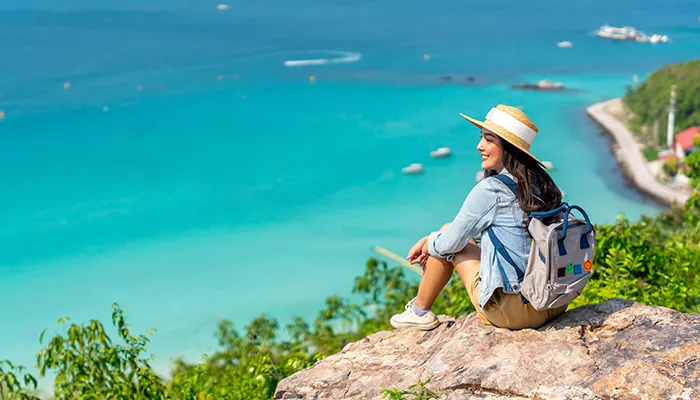
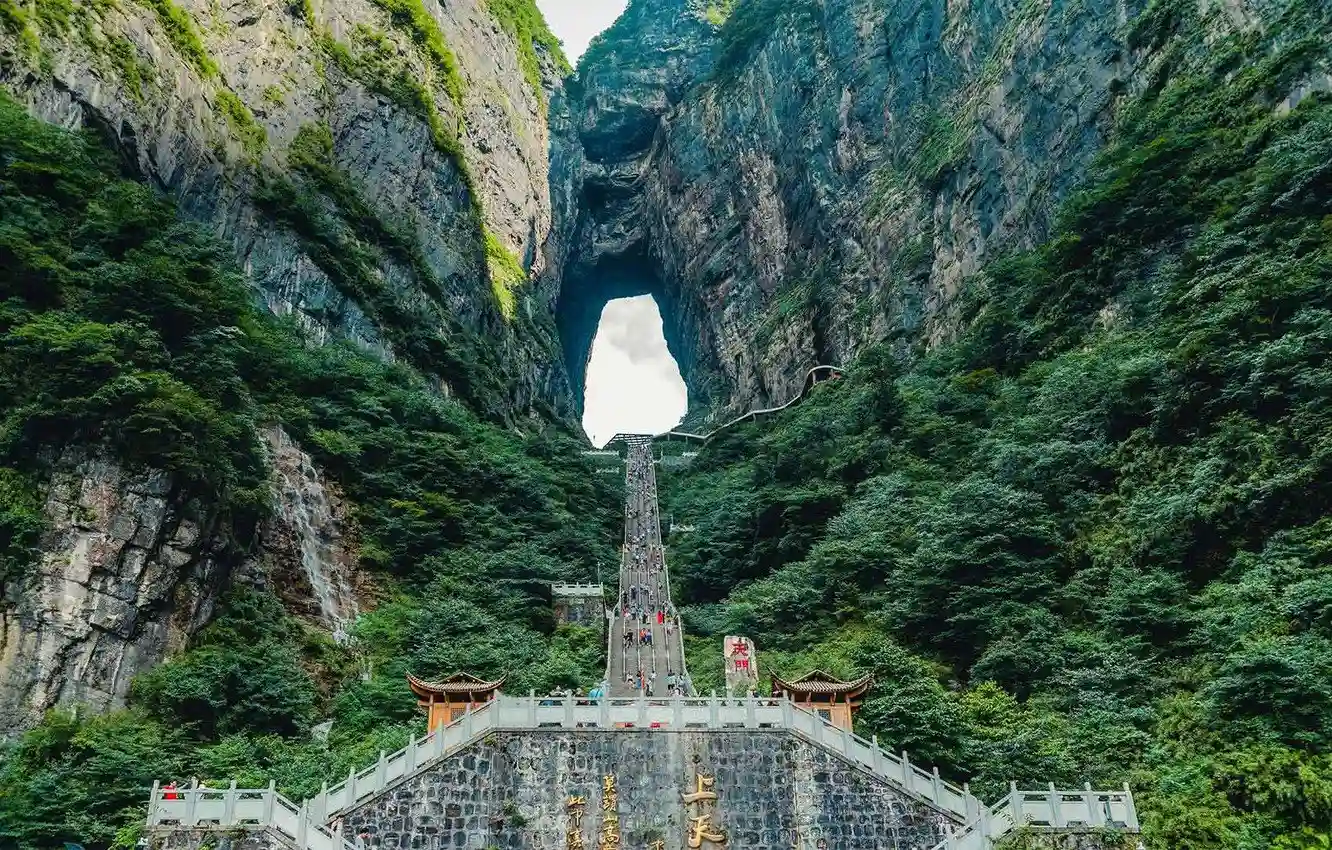
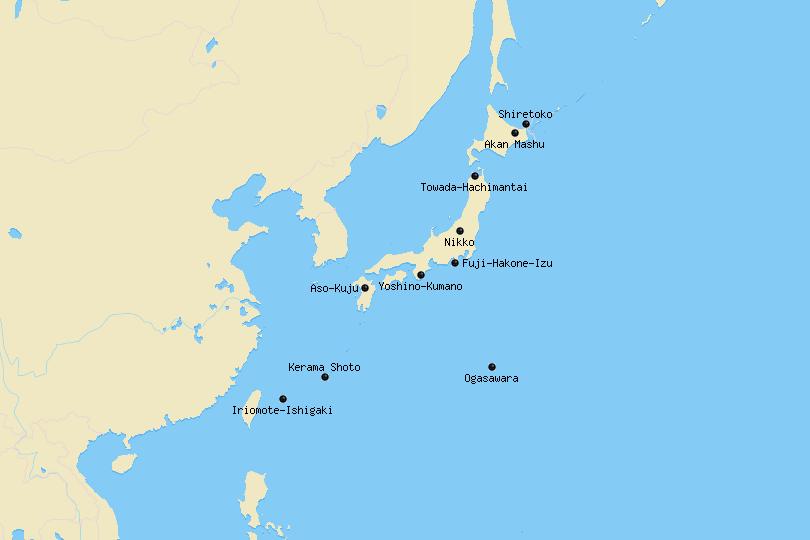
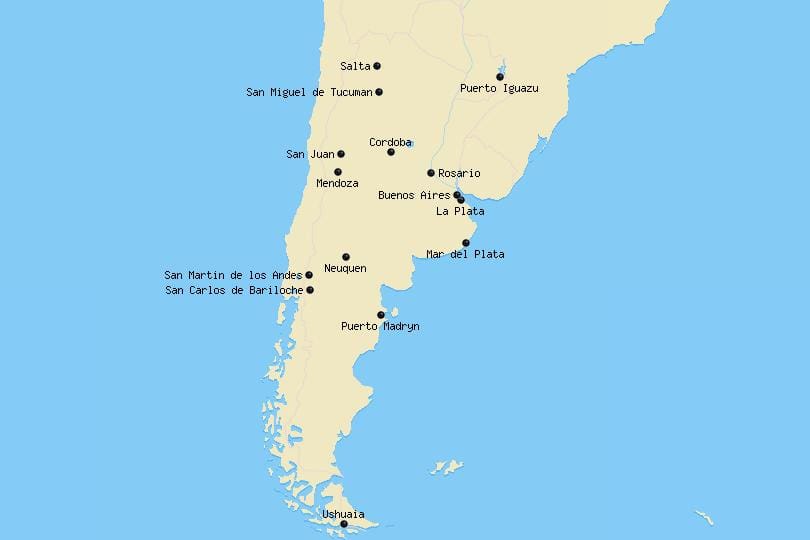

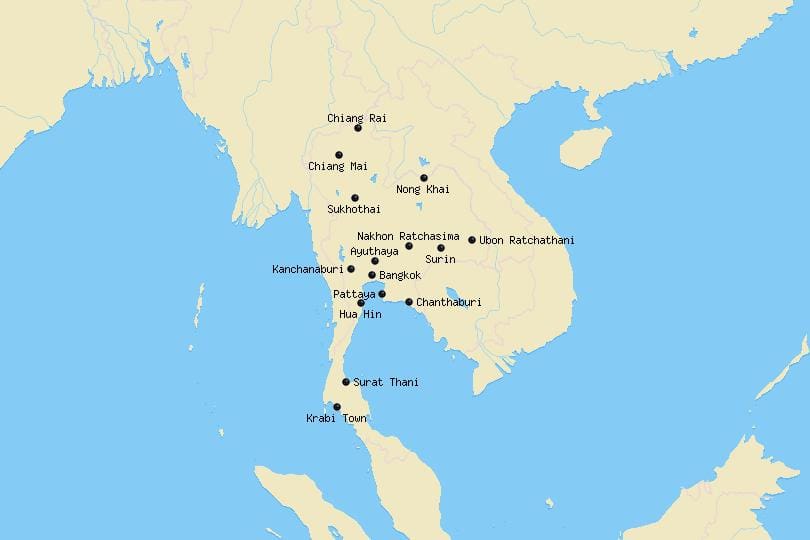


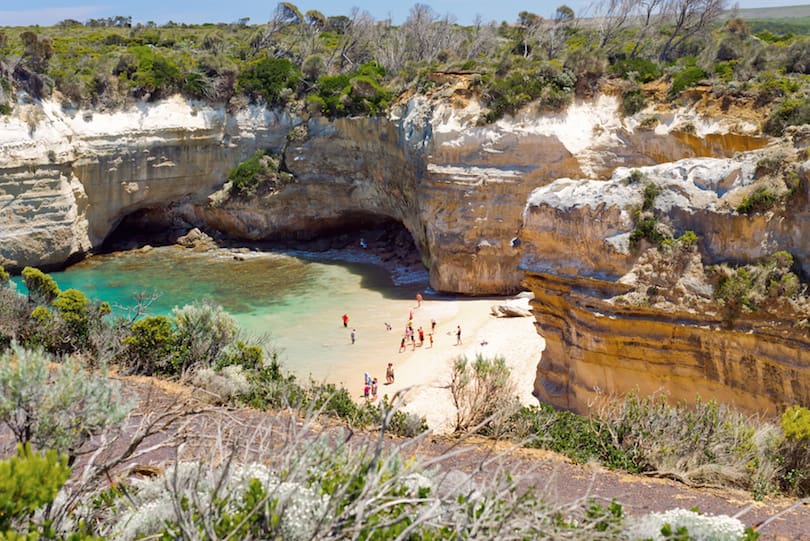
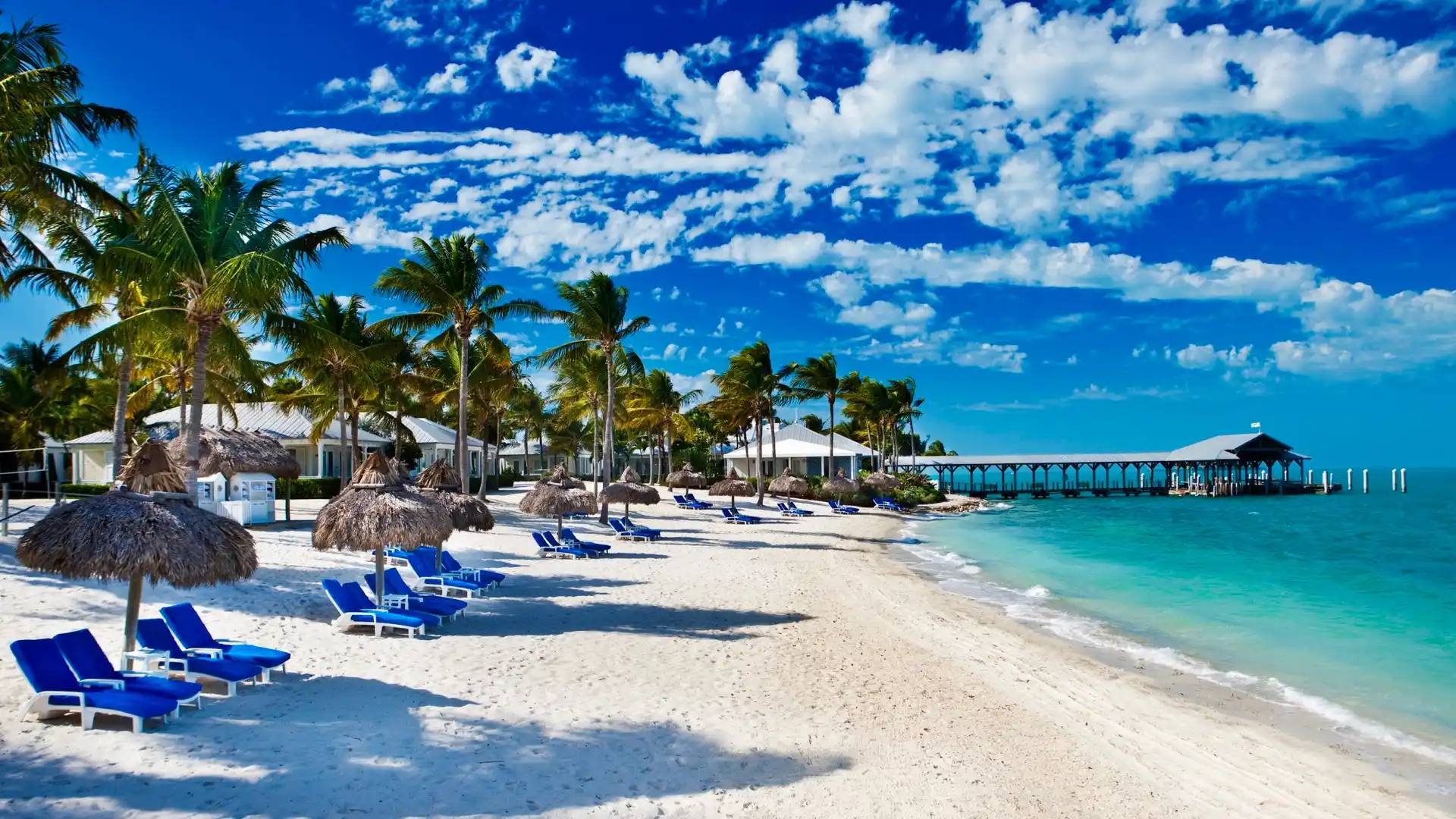
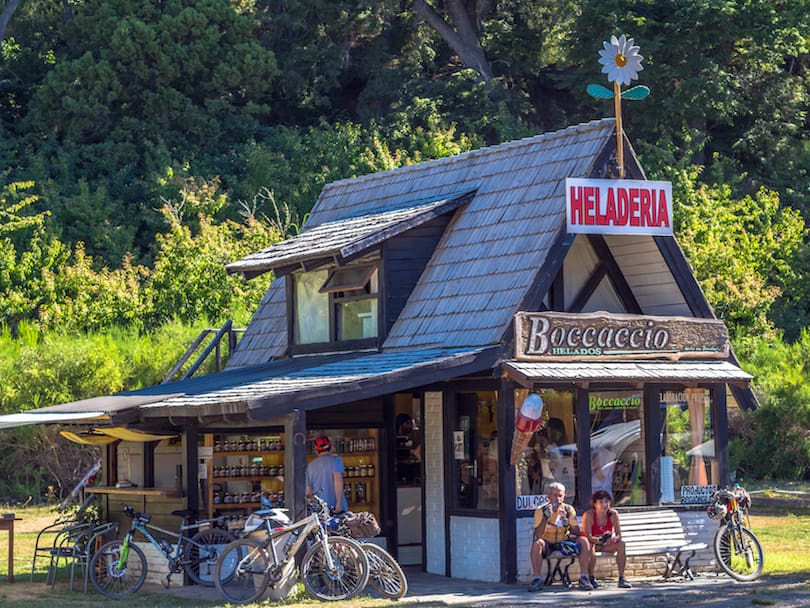
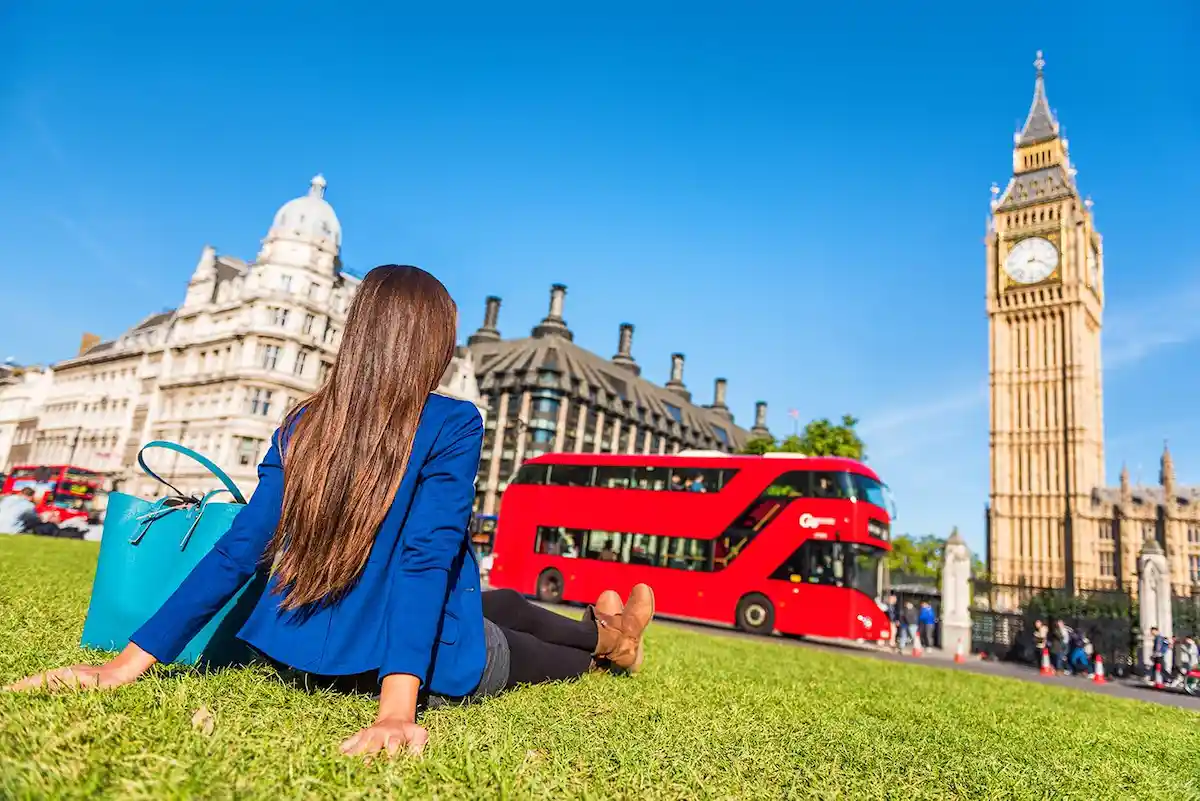



This is very interesting, You’re a very skilled blogger. I’ve joined your rss feed and look forward to seeking more of your magnificent post. Also, I’ve shared your website in my social networks!